Gut bacteria affects your ability to lose or gain weight
Wed 20 Sep 2017, 23:09:27
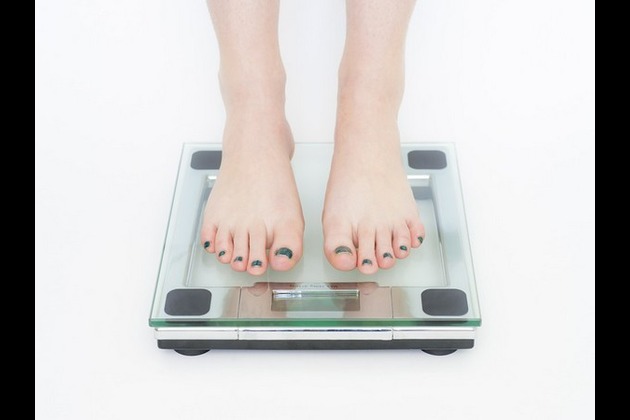
London [UK] : Want to know the probable reason why you are not losing weight?
According to a new study, your gut bacteria could affect your ability to lose or gain weight.
New research by the Department of Nutrition, Exercise and Sports at the University of Copenhagen has shown that differing proportions of gut bacteria can determine how much weight a person is able to lose - the findings suggest that a "one size fits all" approach doesn't work.
The news could come as consolation to those of us who've tried countless diets that seem to work wonders for our friends to no avail.
Researchers enrolled 62 participants who all had large waist circumferences.
They were instructed to follow either the New Nordic Diet (dark greens, berries, wholegrains) or the Average Danish Diet (lean meat, eggs, lettuce, coffee, no grains) and were grouped based on how much of two different types of bacteria - Prevotella and Bacteroides - they had in their gut.
The two diets vary greatly in the amount of fibre you consume, with the New Nordic Diet being much more fibre-rich.
Participants followed the diets for 26 weeks, with their body measurements taken before and after. After this initial period, all participants followed the New Nordic Diet for another year.
The researchers found that those who had a higher ratio of
Prevotella to Bacteroides and followed the New Nordic Diet lost more body fat than those with the same ratio following the Average Danish Diet.
Prevotella to Bacteroides and followed the New Nordic Diet lost more body fat than those with the same ratio following the Average Danish Diet.
When the ratio was reversed, there was no difference in weight loss between the two diets.
"People with a high Prevotella/Bacteroides ratio were more susceptible to body fat loss on a diet rich in fibre and wholegrain compared to an average Danish diet," study co-author Mads Hjorth explains.
"The health promoting aspects of the New Nordic Diet in terms of body weight regulation seem mainly to apply to a subset of the population," he adds. "This could apply to as much as half of the population."
The research reinforces the idea that nutrition should be personal, and what works for one person won't necessarily work for another.
If you get a stool sample taken, you'll be able to find out your bacteria ratio and address your diet accordingly - it's advisable to see a doctor before making any drastic changes though.
"These results are a breakthrough demonstrating that certain bacterial species play a decisive role in weight regulation and weight loss," said lead researcher Arne Astrup.
"Now we can explain why a high fibre diet does not always lead to weight loss. Human intestinal bacteria is an important part of the answer and will from now on play a role in the treatment of the overweight."
No Comments For This Post, Be first to write a Comment.
Most viewed from Health
AIMIM News
Latest Urdu News
Most Viewed
May 26, 2020
Should there be an India-Pakistan cricket match or not?
Latest Videos View All
Like Us
Home
About Us
Advertise With Us
All Polls
Epaper Archives
Privacy Policy
Contact Us
Download Etemaad App
© 2026 Etemaad Daily News, All Rights Reserved.



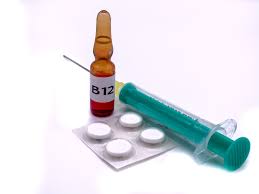
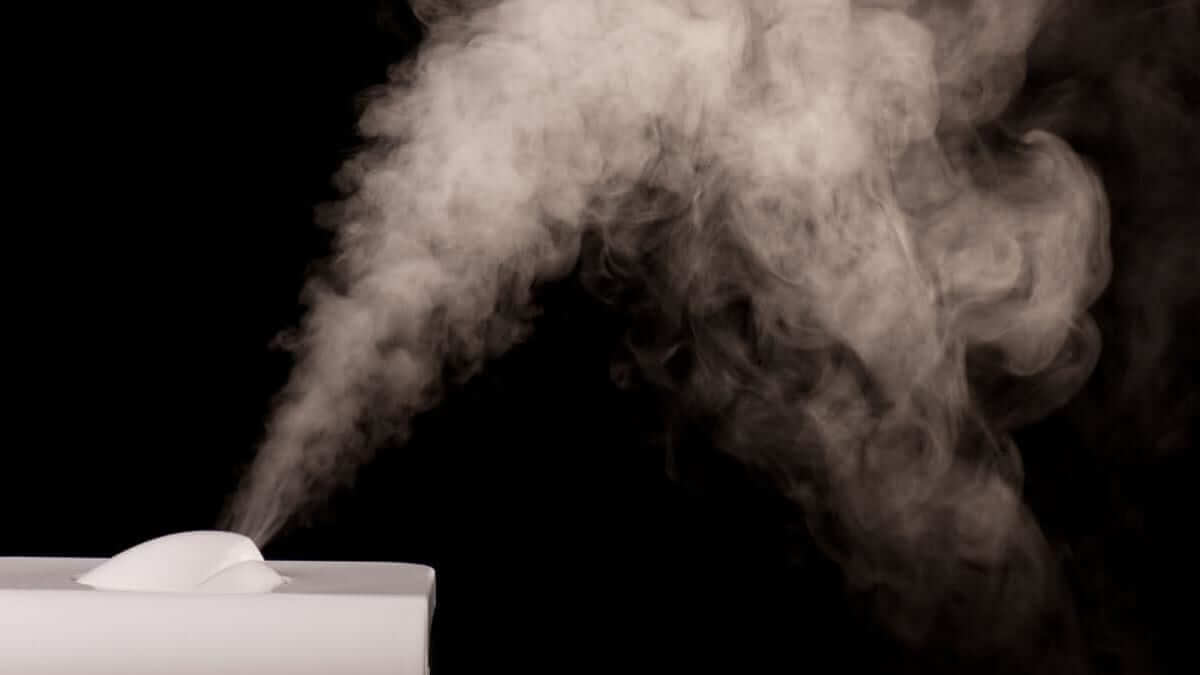

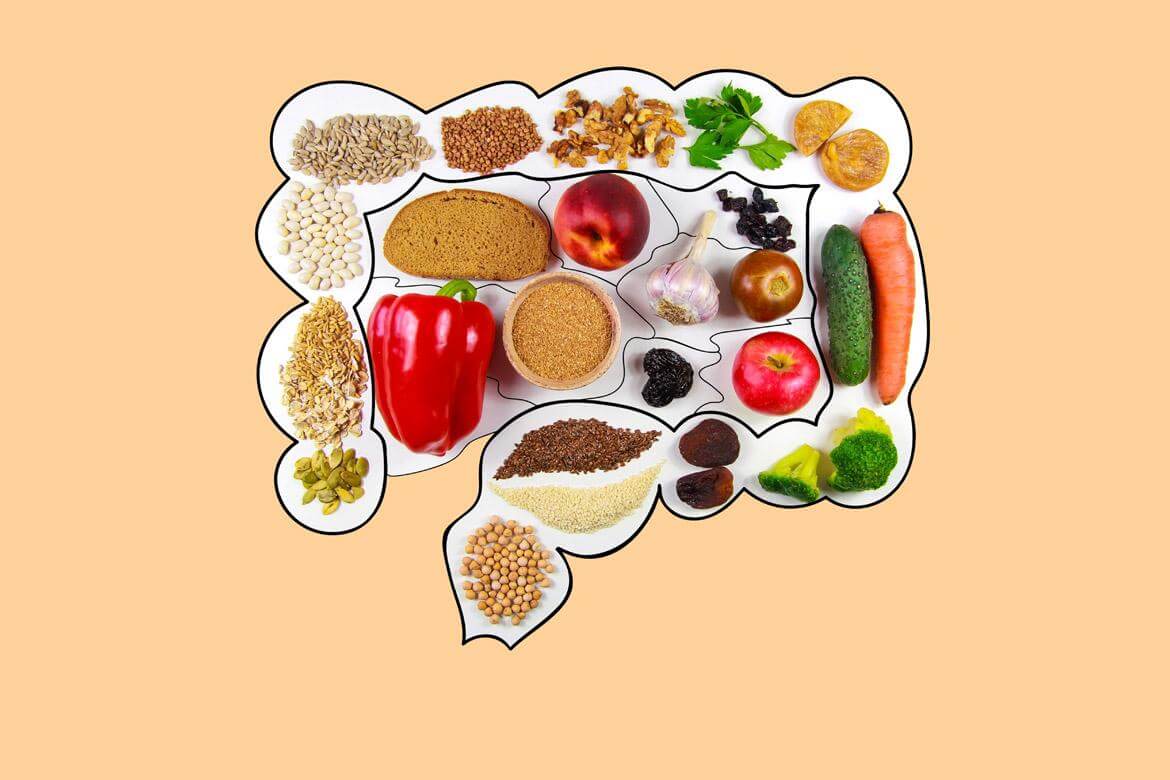





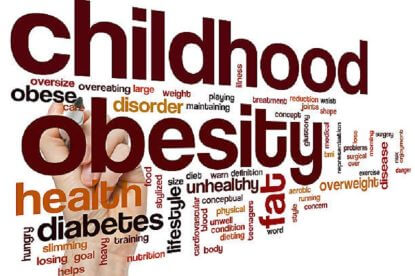












.jpg)
.jpg)
.jpg)


